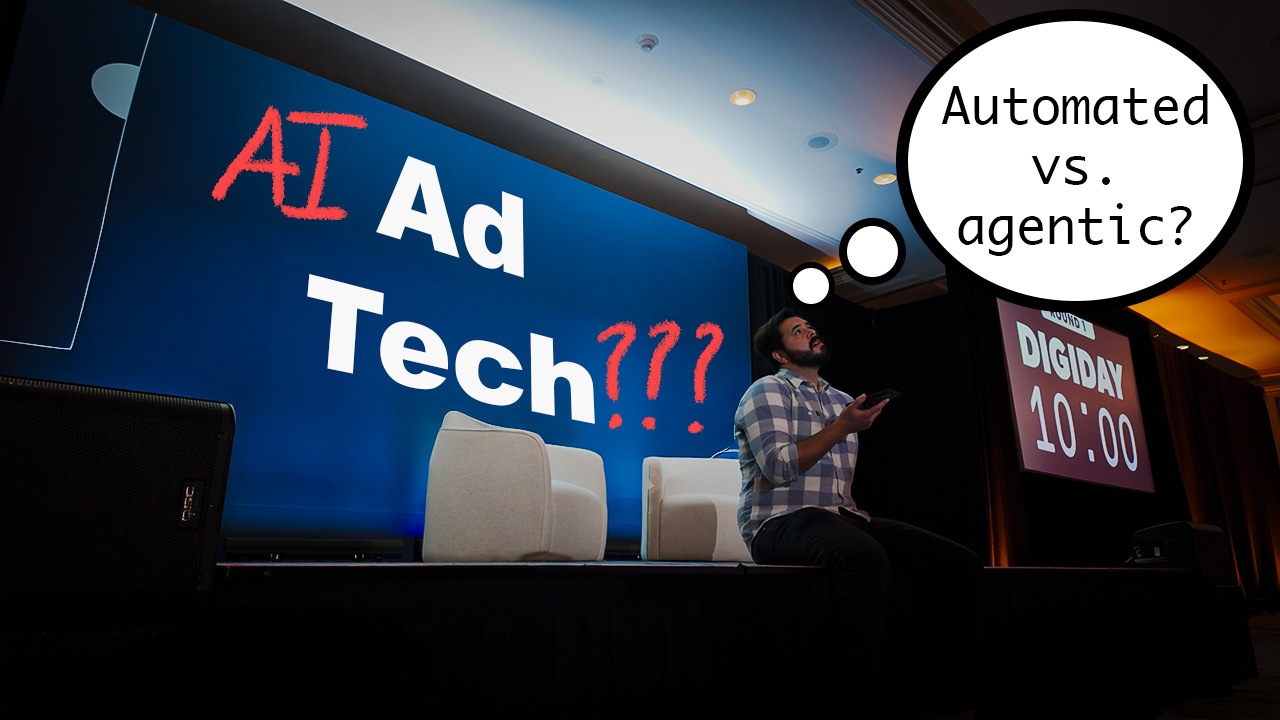Artificial intelligence
fromFortune
1 day agoCreative workers won't be replaced by AI, they will become 'directors' managing AI agents | Fortune
AI will shift creative and sales workers from producers to directors, delegating tasks to AI agents while enabling higher-level creativity and faster product development.
























